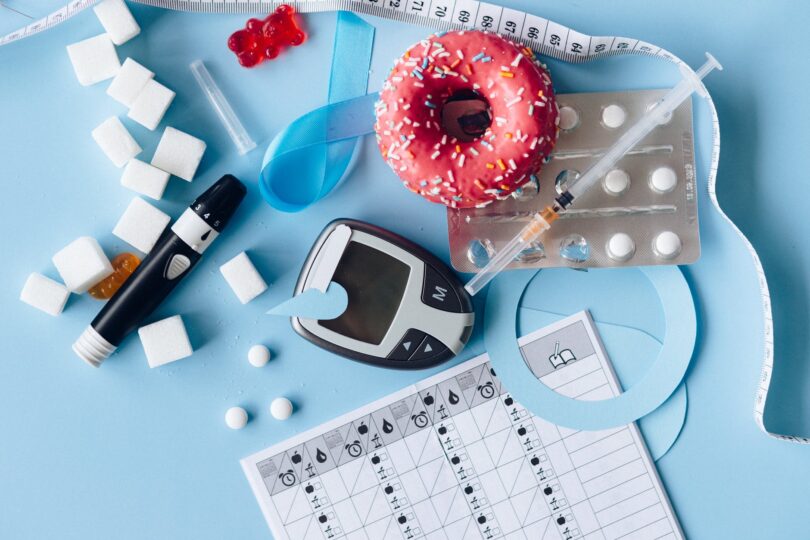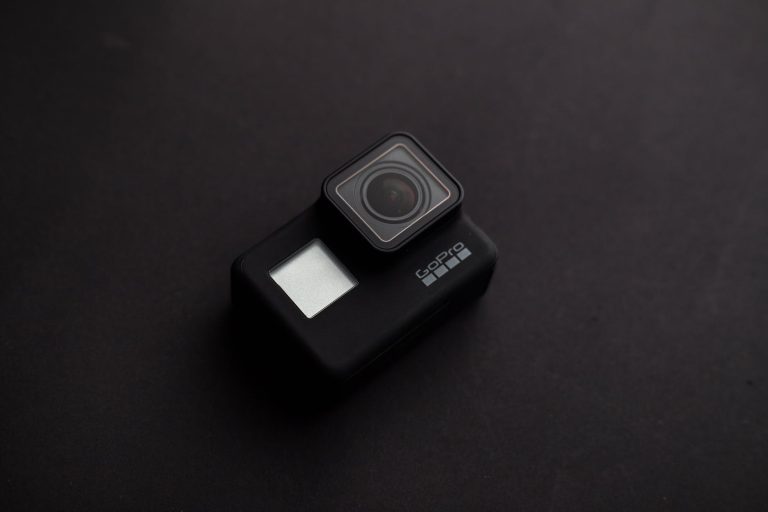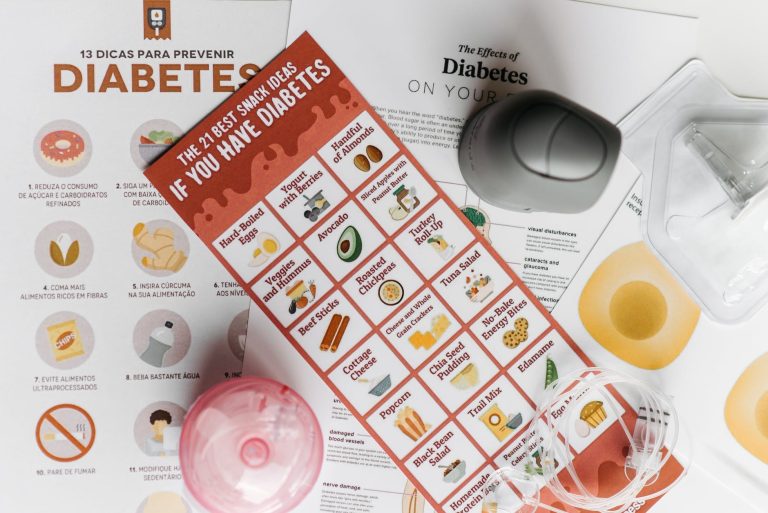We all know that diabetes giant Senseonics (SENS) is developing a new game changing CGM. We talked about how the CGM device could potentially be used for non-diabetic users who would like to monitor other things related to their health like blood sugar. This tells you that Senseonics has huge potential.
In addition to new applications of the company’s Eversense system, we have an update from pump partner Beta Bionics. In 2018, Senseonics struck a deal with Beta Bionics, the companies will work with together to integrate the Eversense CGM system with the iLet, so that real-time Eversense data may serve as one CGM option to drive the fully autonomous iLet Bionic Pancreas system, this is called an all-in-one closed loop system.
According to an article by the National Institutes of Health, artificial pancreas systems are more efficient and better controls glucose levels.
The study showed that the system improved participants’ blood glucose control throughout the day and overnight. The latter is a common but serious challenge for children and adults with type 1 diabetes, since blood glucose can drop to dangerously low levels when a person is asleep. The research is published in the New England Journal of Medicine.
The researchers found that users of the artificial pancreas system significantly increased the amount of time with their blood glucose levels in the target range of 70 to 180 mg/dL by an average of 2.6 hours per day since beginning the trial, while the time in range in the SAP group remained unchanged over six months.
Artificial pancreas users also showed improvements in time spent with high and low blood glucose, hemoglobin A1c, and other measurements related to diabetes control compared to the SAP group. High adherence to device use in both groups and 100% participant retention were important strengths of the study.
During the study, no severe hypoglycemia events occurred in either group. Diabetic ketoacidosis occurred in one participant in the artificial pancreas group due to a problem with equipment that delivers insulin from the pump.
Updates from Beta Bionics
In June, Stacey Simms of Diabetes Connection sat down with Kate Farnsworth, the marketing and communications manager for Beta Bionics. You can listen to the podcast here.
Here’s what I found out from the podcast:
There is currently a pivotal clinical trial testing the eyelid and people living with type 1 diabetes ages six and up. Results from this clinical trial will potentially support our application to the FDA for regulatory clearance of the insulin configuration of the device in that population. Once the FDA application is filed, FDA review of 510k market applications typically take about six months, which includes 90 days of FDA review time and time for response to questions that may come up during the review.
Once the clinical trial is completed, then we will submit for FDA regulatory clearance of the insulin only configuration. Once the FDA application is filed, there will be an FDA review of the 510 k market applications, those typically take six months. And then we will have a launch date. Once that has all been completed.
Kate Farnsworth, Digital Marketing and Communications Manager @ Beta Bionics
According to Clinical Trials, the pivotal trial is expected to conclude on December 2023. With the 90 day time block, the public can expect news by the first half of 2023.
The Verdict: A long position should be considered
The bottom line is that you should definitely look into opening a long position in SENS stock. There is just so much potential with this company, how ever you should always do you own research and make that decision your self but I believe that Senseonics is just getting started and I fully expect revenues to scale up quickly in the next few quarters. After all, the company’s technology has the potential to disrupt the diabetic industry as a whole.




